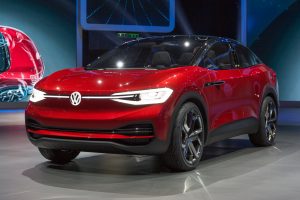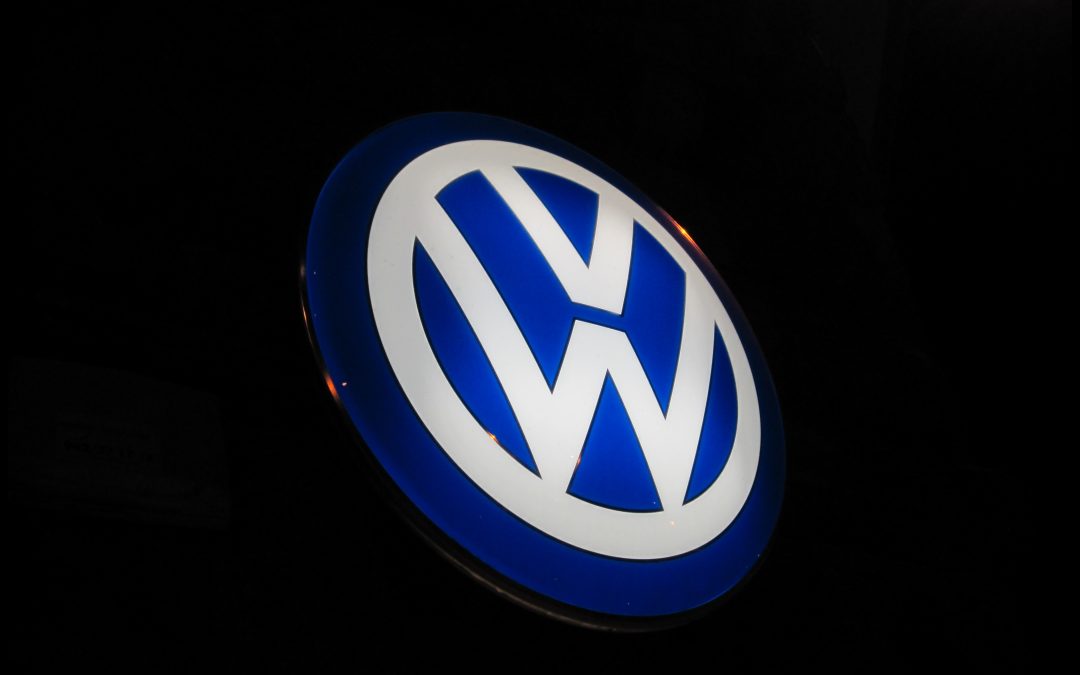Volkswagen Group’s Electric Future
Volkswagen Automotive Group (Volkswagen AG) aim to have an electric version of every one of their models by 2030. Head of Volkswagen AG, Matthias Mueller, announced the plans in Frankfurt earlier this year. He hopes that by 2025, the company will have 50 purely battery-run, and 30 hybrid, vehicles.
2025 is also the year Mueller hopes to mark 3 million all-electric vehicle sales across the globe.
The company are spending US$85 billion (AUD$112b) on their electric future over the next 13 years, almost two-thirds of which is going into the development of four battery factories.
At Vo ks Affair, we’ve already written about some of the company’s electric vehicles, including the electric take on the classic VW camper, the ID Buzz and the Audi E-Tron Sportback. And for our electric-interested readers, we have also written about the BMW i3 and i3REx and Mercedes-Benz’ EQ.
ks Affair, we’ve already written about some of the company’s electric vehicles, including the electric take on the classic VW camper, the ID Buzz and the Audi E-Tron Sportback. And for our electric-interested readers, we have also written about the BMW i3 and i3REx and Mercedes-Benz’ EQ.
Australia’s Electric Cars
The move is well-timed. Both France and the UK aim to end all sales of petrol and diesel cars by 2040. India is committed to doing so a decade sooner. But how will Australia react to Volkswagen’s electric fleet?
In June, ClimateWorks Australia released a report, stating that electric cars made up only 0.1% of total car sales in Australia in 2016. 1,369 electric cars were sold in Australia in 2016, down from 1,771 in 2015. This is still higher than 2014 numbers (1,322), and almost 5 times greater than the number of electric and hybrid vehicles sold in 2013. Despite this, the report said 50.2% of Victorians surveyed were willing to own an electric car, and 19% had researched the purchase.
Infrastructure and Incentive
Head of BMW Australia, Marc Werner, told the Financial Times that a lack of infrastructure and government incentive is to blame for our slow uptake on electric vehicles. (The FT article claims Australia has 5,000 of the world’s nearly 2 million electric and hybrid vehicles.)
This infrastructure concern is called “range anxiety” — drivers are worried about how far they can travel per recharge. This is set to be less of a concern as the technology improves (next year’s Audi E-Tron Sportback will get up to 500km per charge) and charging stations become more available. Both Werner and ClimateWorks believe that as more drivers take to electric cars, infrastructure will grow. For Victoria, this seems to be true: as the state with the highest number of electric vehicles, we are also the state with the highest number of fast charging stations, at 134.
There are big changes ahead for the Australia’s electric fleet, and we’re excited to be a part of it! Remember, electric, hybrid, diesel or petrol, your vehicle still needs to be serviced regularly. Book in with Volks Affair to have your Volkswagen AG vehicle (Skoda, Audi or Volkswagen) BMW, Mercedes Benz or air-conditioning serviced today.

